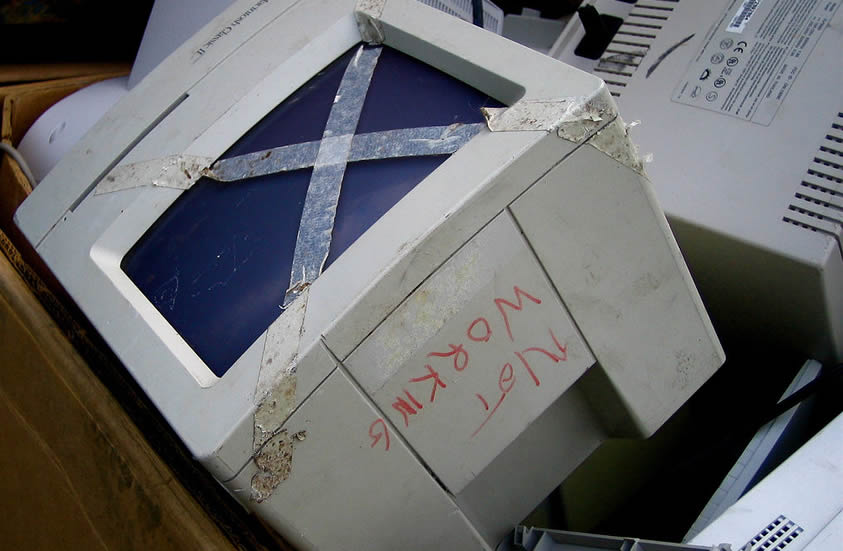Hossein Derakhshan, who is often called the “father of Persian blogging”, was sentenced in 2008 to 20 years in prison for the content of his blog. He was pardoned, and released, in November 2014. What he found when he got out was that the thing he had served 6 years in an Iranian prison over — his blog — was no longer relevant. In 2015, he published an article on Medium.com titled “The Web We Have to Save.”
In the article, Derakhshan, also known as Hoder, argues that the shift from a free, open web based on text and hyperlinks to the focus on social media sites, images, and entertainment that happened while he was imprisoned and offline is killing the web. The article is even more relevant today than when it was first published.
The fundamental principal that the web was originally based on, the ability to link from one website to another using hyperlinks, has been marginalized. The most popular and widely-used web sites today, including Facebook, Twitter, and Instagram, aim to keep users on their site for as long as possible. Commercial social media sites actively emphasize and favor content that’s posted within the network (such as a photo you post to Facebook) over links to external sites (such as a link to a photo on another site). Content that isn’t “new”, popular, or “trending” is likewise devalued to near invisibility.
In large part, people no longer subscribe to blogs, “browse the web”, or link between web pages. We scroll through curated content from people we agree with and occasionally open a new window to read an article or watch a video before we return to the content stream. Web sites are becoming more like TV, but a new kind of TV with highly personalized, passive content — and the result can be even more addictive.
The hyperlink created a decentralized and distributed network of content where alternative viewpoints could flourish and individuals could have unique experiences, regardless of if the topic is “trending” or popular. The stream (whether it’s Facebook, Twitter, Instagram, or any of the others) creates a centralized point of access to the Web. It’s a place where promoted content is shown to us based on the dominant, prevailing mindset.
According to www.worldwidewebsize.com, there are around 50 billion web pages on the Internet that are indexed by Google. While it’s natural and great that good content rises to the top, it’s unnatural and harmful that amidst so much diversity, we’re all seeing the same content as all of our friends.
Facebook continually strives to show us exactly what they’ve decided we “want” to see, when we want to see it. The more we share and like things within their controlled garden, the more they know about how to make us “happy”. But what happens when good, possibly even brilliant ideas are never heard because they aren’t deemed “relevant” or “popular”? This is a recipe for a stagnant, bland and sapless Internet. As Hossein states in his article, “…history has proven that most big ideas (and many bad ones) have been quite unpopular for a long time…”
What can be done? I’m not sure. There must be a better way to organize the Web and for people to access information than through a phone app that has a big interest in holding you hostage. But, until we figure out what that better way is, I hope you’ll follow me, friend me, and like me.

